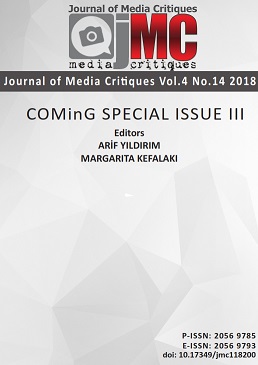Competence Management – A Smart Strategy Oriented Approach
Competence Management – A Smart Strategy Oriented Approach
Author(s): Alexander KarapidisSubject(s): Education, Business Economy / Management, Management and complex organizations, Human Resources in Economy
Published by: University of Lincoln and World Experience Campus Foundation
Keywords: Competence management; competence framework; competence model; performance;
Summary/Abstract: Today, organizations are increasingly specialized in their activities and faced with turbulent markets. It is therefore becoming more and more important for organizations to manage competences internally, and a continuous competence development for employees and managers emerges as a key factor for achieving and maintaining an excellent organizational performance. Numerous approaches are already implemented in organizations worldwide. Since using a standardized, adoptable and strategy-oriented competence management approach has turned out to be the most efficient solution to support organizational objectives such as the transformation to digitalized workplaces, the “Fraunhofer Kompetenz-Kompass”, which will be illustrated in this paper, was developed in order to give orientation how to implement competence management into an organization in a systematic and standardized way. The approach is conceptualized as a modular kit, including necessary steps and approaches, which then need to be customized to meet the specific requirements of different organizations. Precisely spoken, the approach consists of the following six modules, which have to be understood as sequent phases: (1) strategic context, (2) competence strategy, (3) competence model, (4) competence measurement, (5) competence development and (6) competence evaluation. Within this framework, necessary competences are derived from tasks, activities and processes which support the strategic needs of an organization. Therefore, the competence model can be easily adapted to new challenges and is able to actively flank organizational change processes. The groups addressed with this paper are managers of organizations as well as HR departments and applied research units.
Journal: Journal of Media Critiques
- Issue Year: 4/2018
- Issue No: 14
- Page Range: 71-85
- Page Count: 15
- Language: English

